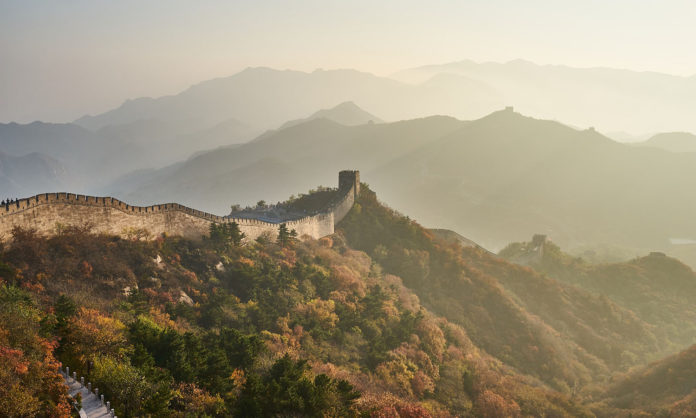
We hear a lot about the Hero’s Journey in fiction – and we’ve shared a number of articles examples the concept and each step – but that story structure, while useful, isn’t universal. Plenty of stories don’t adhere to the journey concept and many argue that the hero’s journey is a particularly Western world idea. In a post on the Nelson Literary Agency blog, Angie Hodapp examines Kishōtenketsu, a four-act story structure that originated in China and became popular in many Asian countries.
A Japanese compound word, Kishōtenketsu describes the four acts as follows:
- kiku (ki): introduction
- shōku (shō): development
- tenku (ten): twist
- kekku (ketsu): conclusion
In Kishōtenketsu, dramatic tension isn’t the heart of the story. Instead, the Act III twist is the high point. How the writer reaches the twist can vary, provided the twist is the high point. “Further, what drives such a plot is characters’ self-actualization, self-realization, self-development, and introspection,” Hodapp says. The conclusion can rev up the conflict or deescalate, giving writers more room and options for experimenting.
This contrasts with the hero’s journey, three-act structure, or other Western story structures, in which writers are told they must have tension on every page, and must have internal and external conflicts that are resolved by the end of the story. In Kishōtenketsu, the writer can explore character growth that is not prompted by conflict.
Sociologists suggest that Chinese popular fiction decentralized conflict because the country itself endured centuries of famine and war. While many stories included conflict, it often took a back seat to character development. Kishōtenketsu also allows for questions to remain open at the conclusion, indicating that the story goes on, unlike western writing, which focuses on a set conclusion.
Hodapp shares some examples of Kishōtenketsu stories:
- Convenience Store Woman by Sayaka Murata, translated by Ginny Tapley Takemori
- Station Eleven by Emily St. John Mandel
- The Hole by Hye-Young Pyun, translated by Sora Kim-Russell
- The Long Way to a Small, Angry Planet by Becky Chambers
- Spirited Away (and most other Studio Ghibli films)











